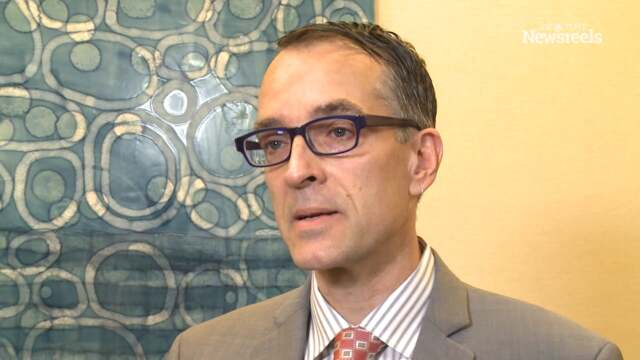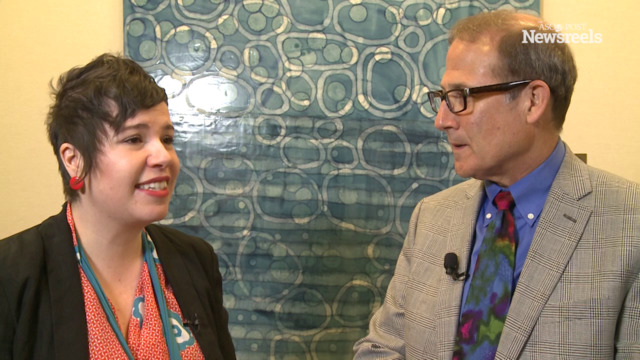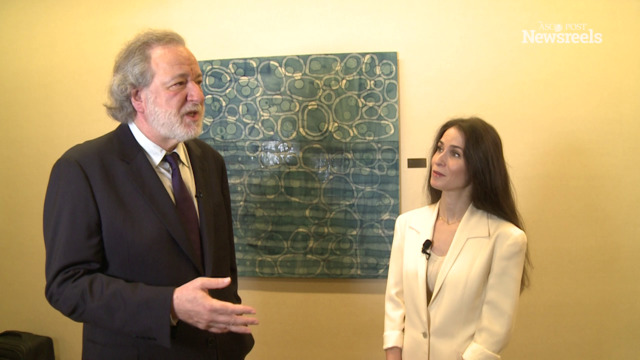Matthew J. Loscalzo, LCSW, on The Effects of Gender on Patients’ Coping Strategies and Stress Management
2015 IPOS APOS World Congress of Psycho-Oncology
Matthew J. Loscalzo, LCSW, of the City of Hope, discusses the ways in which a person’s gender influences how he or she reacts to and copes with a cancer diagnosis and treatment.
Christopher J. Recklitis, PhD, MPH
Christopher J. Recklitis, PhD, MPH, of the Dana-Farber Cancer Institute, discusses what is known about suicide after cancer, the risks faced by prostate cancer patients within the first year after diagnosis, and challenges across the treatment trajectory
Bradley J. Zebrack, PhD and Ursula Sansom-Daly, PhD
Bradley J. Zebrack, PhD, of the University of Michigan School of Social Work, and Ursula Sansom-Daly, PhD, of the University of New South Wales, talk about providing supportive care services that meet the unique needs of adolescents and young adults with cancer.
Robert T. Croyle, PhD
Robert T. Croyle, PhD, of the National Cancer Institute, discusses the research program on the variation in the quality of cancer care, our ability to monitor quality and measure outcomes, and understand the psychosocial aspects of care.
Allison J. Applebaum, PhD, and William S. Breitbart, MD
Allison J. Applebaum, PhD, and William S. Breitbart, MD, of Memorial Sloan Kettering Cancer Center, discuss a meaning-centered psychotherapy workshop they conducted for an international group of clinicians.
Jeff Dunn, AO, PhD, GAICD
Jeff Dunn, AO, PhD, GAICD, of the Cancer Council Queensland, discusses reducing the burden of cancer on individuals and communities.





